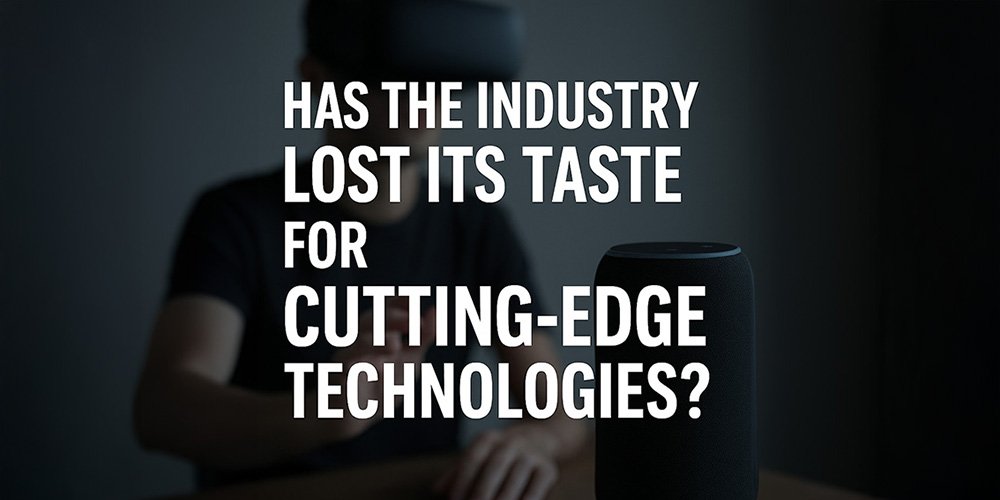Just a few years ago, gambling expos like ICE London were filled with futuristic ideas—VR slots, smart home integrations, and blockchain-based platforms. Yet many of those flashy innovations have quietly vanished. Is the industry truly scaling back on innovation, or are operators just being more strategic?
Why Some Trends Faded
According to Matt Howard, CEO of OrbitalBet and partner at Propus Partners, many innovations didn’t solve a meaningful problem. Technologies like VR and AR generated buzz but lacked actual demand from users. Despite early hype, the average gambler wasn’t asking for immersive VR betting at home.
“If you can’t clearly define the benefit, it’s not worth the investment,” Howard said.
Crypto: Useful, Blockchain: Less So
Cryptocurrencies have gained traction in the betting world, offering fast, low-fee, and anonymous payments. But their underlying tech—blockchain—hasn’t been as impactful for day-to-day betting.
Why? The speed and energy demands of blockchain are a poor fit for rapid-fire sports betting. While blockchain is excellent for secure payments, its application in the core of sportsbook platforms remains limited.
Innovation Needs to Match the Customer
Rich Criado, former VP at Fanatics Game Studios, explains that innovation must match consumer behavior. Unlike mobile gamers who embrace fast-evolving interfaces, casino users tend to prefer consistency. For example, expecting traditional casino players to adopt VR headsets proved unrealistic.
“Customers aren’t going to wear a bulky headset when they can just tap on their phone,” Criado noted.
Change is Slow—but It’s Happening
Criado argues that meaningful change is incremental. Small additions—like crash games, gamification, or multiplayer functions—stack over time to become major shifts. The U.S. market is still maturing and catching up to the more graphically advanced EU scene.
“We’re not talking about a giant leap forward—more like a steady evolution.”
Where AI Still Holds Promise
Technologies like AI and machine learning still have huge potential—especially in areas like:
- Personalized experiences
- Problem gambling detection
- Automated decision-making
The challenge, Howard says, is implementation. Legacy software limits rapid AI adoption, even as demand increases.
Personalisation and Flexibility Drive Engagement
Operators like Flutter and Entain are embracing personalisation, launching tools like “Your Way Betting” or enhancing Bet Builders. By giving users more control and options, brands hope to keep players engaged.
DraftKings’ acquisition of Simplebet (micro-betting specialist) and BetMGM‘s partnership with Angstrom Sports show that big players often rely on startups to drive innovation—then acquire what works.
Bringing the Casino Experience Online
Criado points out that one gap remains unsolved: how to replicate the energy and social element of physical casinos online. Some strides have been made, like MGM’s live dealer games streamed directly from Las Vegas floors, but there’s more to explore.
He believes whoever successfully translates the emotional thrill of live casinos to digital will lead the next generation of iGaming.
Looking to Younger Generations
To stay relevant, gambling must evolve with its future audience. Younger users—raised on interactive video games—expect more control and feedback. Games like Fortnite and GTA offer rich, monetizable experiences without disrupting gameplay.
One innovation Criado helped design, Field Goal Frenzy, gave players a choice of difficulty level before betting—adding interactivity without changing the game’s fairness.
The Future Isn’t Flashy—It’s Thoughtful
Rather than chasing tech fads, the industry seems to be embracing user-centric innovation—evolving in ways that match how players engage. “The runway ahead for innovation is wide open,” Criado said. “We’re just getting started.”

